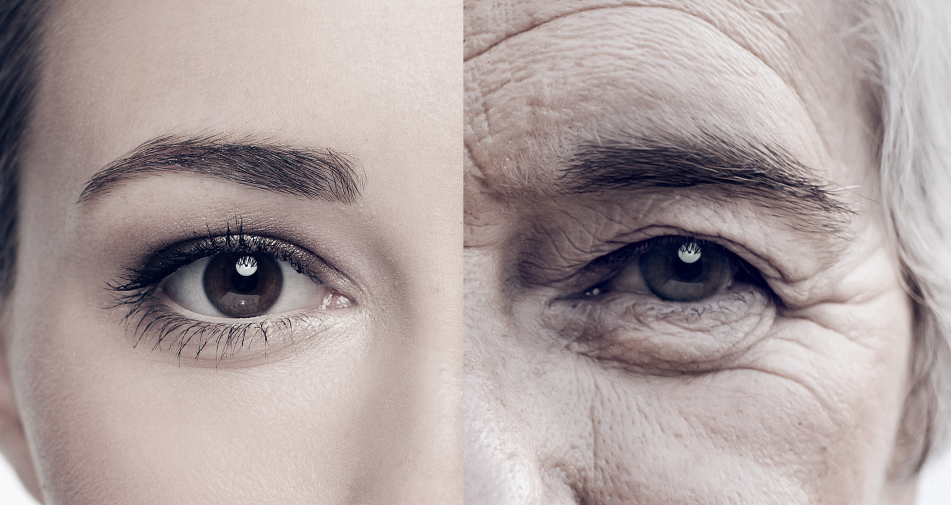Are There Secrets for Slowing Aging?

In a culture obsessed with youth, growing older isn’t always easy. From beauty products that claim to make you look younger to fitness equipment that promises to make you feel younger, experts estimate Americans will spend more than $100 billion this year alone to the fight the signs of aging.
Kelly Traver, a physician and professor at Stanford University is the author of The Program: A Brain-Smart Approach to the Healthiest You. She says there are changes you can make that don’t require you to resort to cosmetic surgery or running marathons. “A few simple lifestyle changes and you can look ten years younger, feel better, and get your energy back,” explains Dr. Traver.
Experts from the American Federation on Aging Research agree. They say staying healthy as you grow older calls for adults to adopt a positive lifestyle.
8 Tips to Help Seattle Area Seniors Age Successfully
From giving your brain a regular workout to making sleep a priority, here are eight steps for successful aging:
- Stay Active: Being physically active helps you look and feel younger. A low-impact aerobic workout can even help to improve memory. Walking, swimming, biking and dancing are all senior-friendly forms of exercise. Light weight training a few days a week also helps.
- Practice Yoga or Pilates: Both forms of exercise help improve core strength, posture, balance, and flexibility. Yoga and Pilates also promote better breathing and relaxation. That can lead to better sleep.
- Schedule a Physical: Medicare will pay for a yearly Wellness Visit. This appointment allows your primary care physician the opportunity to identify small problems and intervene before they become big ones. Your physician might order routine screenings such as cholesterol or thyroid to undercover any hidden health conditions.
- Moderation: Over-indulging in alcohol can leave you looking and feeling older. It often leads to high blood pressure and other chronic health conditions. Limiting alcohol to just one 5-ounce glass or less per day for women, and two or fewer per day for men can help.
- Quality Sleep: Older adults often have a reputation for being poor-sleepers. Sometimes it is the result of a sedentary lifestyle and other times it may be linked to a medication side-effect. Getting eight hours of quality sleep each night, however, may cut the risk for cardiac disease, stroke and diabetes. It can also lower the risk of accidents.
- Care for Your Skin: Adopting a regime to protect and nourish your skin can also help you look younger. Make it a practice to never go to bed without washing your face and removing your makeup. Use a good quality moisturizer. Always wear sunscreen.
- Stay Hydrated: Dehydration can make you look and feel older. It zaps your energy and leaves you feeling lethargic. It also makes your face appear flaky and less supple. Unless your physician has restricted your fluid intake, eight to ten glasses of water is the typical recommendation.
- Stop Smoking: The health risks associated with smoking are well-documented. It puts you at higher risk for lung cancer, stroke and heart disease. Smoking can also make you look older by as much as ten years because it causes the blood vessels that feed the outer layer of the skin to narrow. Less blood flow to the skin causes drier skin that wrinkles faster.
Follow Our Blog for More Information on Successful Aging
If you don’t already, we invite you to follow the Era Living blog. We routinely share information on health and wellness, as well as events for seniors in the Seattle area.
Related Posts

Podcast: A Day in the Life at Era Living – Resident Diane Miller

Podcast: Advocating for Retirees in Senior Living

